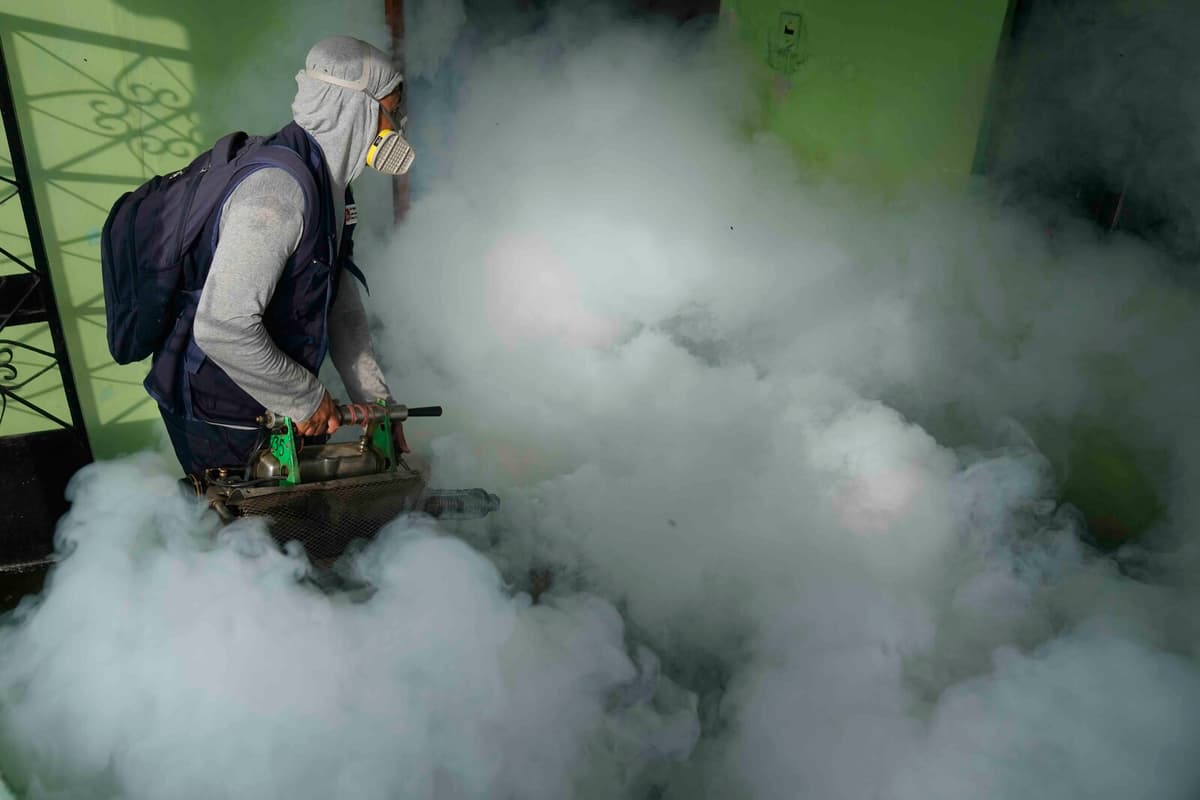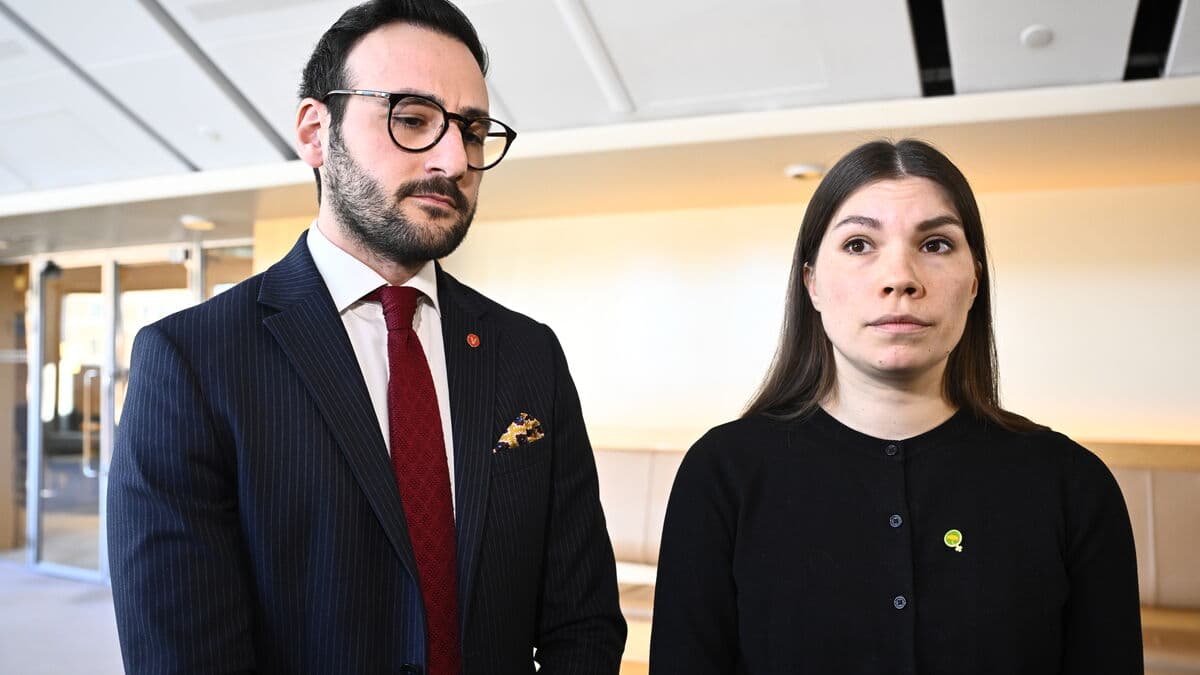The Red Cross organization Lifeblood had to cancel 3,500 bookings for blood donation and close 22 blood centers in the states of Queensland and New South Wales in March this year ahead of the arrival of Tropical Cyclone Alfred. A clear example of how natural disasters can suddenly affect the availability of blood, according to Lifeblood researcher Elvina Viennet.
"Fortunately, we have a stable and secure blood supply and thousands of people in other states responded to our urgent call to donate," says Viennet in a press release.
In a study published in The Lancet Planetary Health, she and colleagues at the University of the Sunshine Coast have taken a closer look at how climate change can affect the blood donation chain.
Safe Blood
Besides more frequent extreme weather making it difficult to donate and receive blood, the researchers highlight, among other things, how a warmer climate changes the spread of diseases. This is an important aspect from a Swedish perspective, according to Gustaf Edgren, who researches blood safety at the Karolinska Institute.
We have incredibly safe blood and blood transfusions in Sweden today. There are almost no risks associated with it. But things are happening in our surroundings that are causing problems, and climate change is an important part of that, he says.
For Sweden, it's mainly about how vector-borne diseases like dengue fever and chikungunya virus have returned to the EU.
There are also indications that malaria will return, and these diseases are relevant from a blood safety perspective.
New Strategy
Already, it's clear that tick-borne diseases are becoming more common in Sweden, and awareness of the risks of vector-borne diseases is increasing, says Edgren.
Maybe it's so that one will, if not in the too distant future, start needing to test blood transfusions for example dengue and West Nile virus, which also seem to be re-emerging in Europe.
The issue is being taken seriously by the National Board of Health and Welfare, which has recently decided to change the testing strategy for blood, making it easier to test for multiple new viruses.
It's probably part of preparing for this type of development, says Gustaf Edgren.






